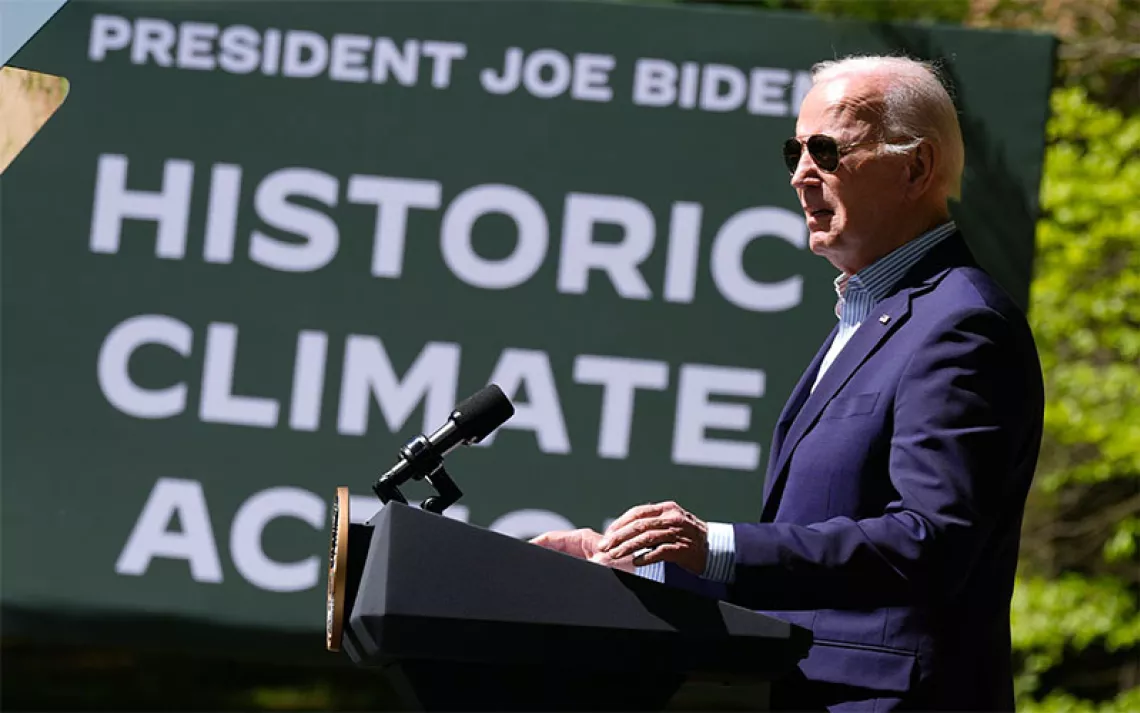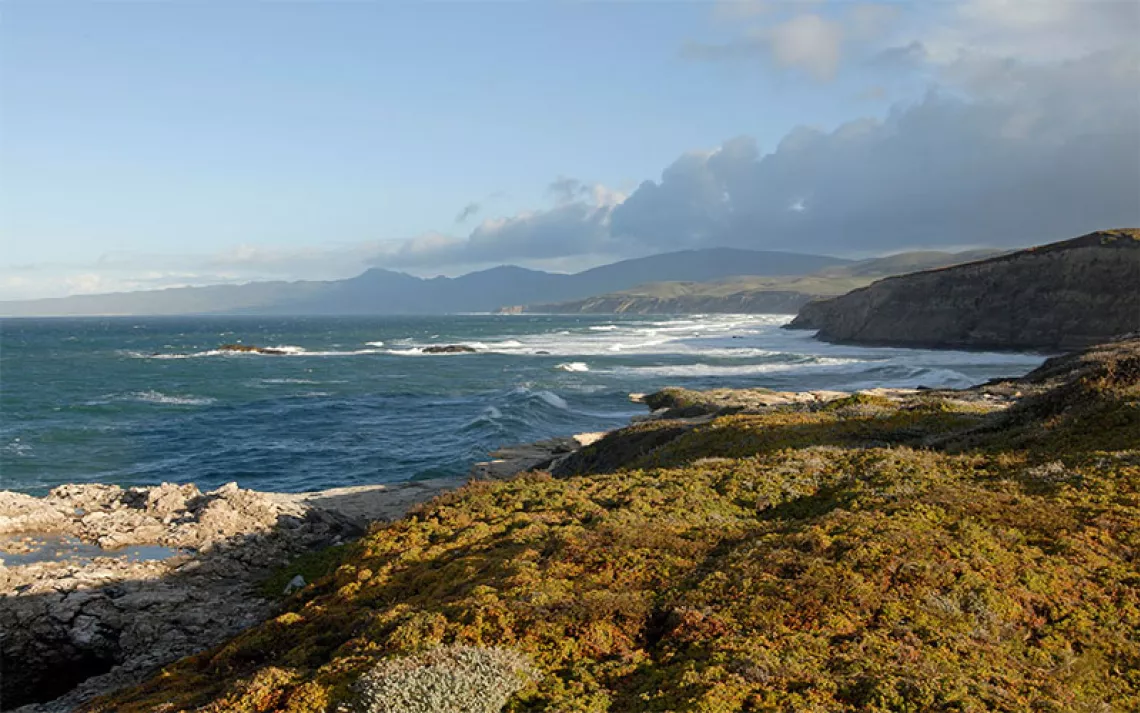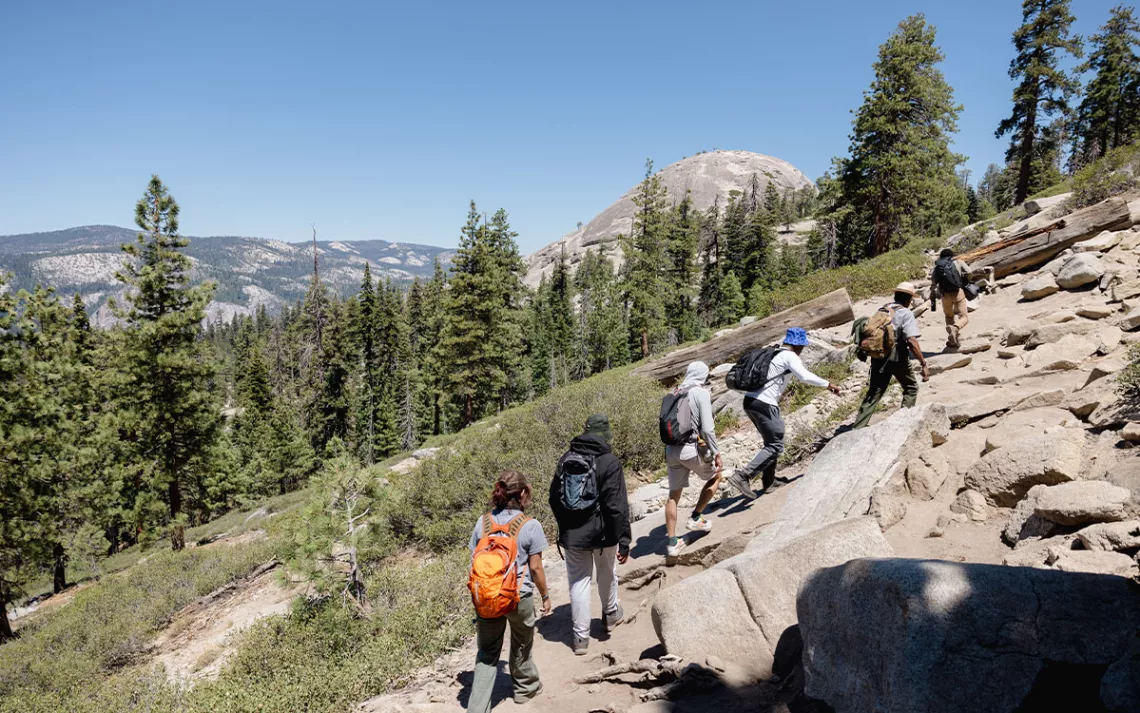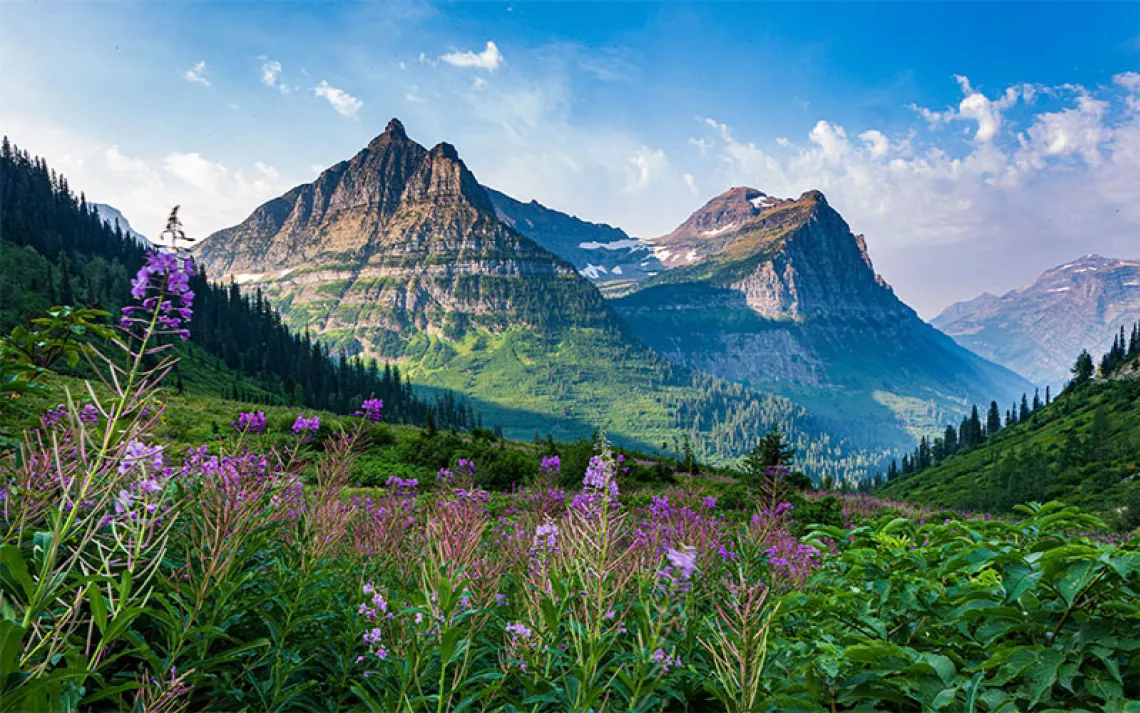Vandals in the Chapel
The Trump administration is targeting the Tongass National Forest

In 1967, the Sierra Club ran a newspaper ad as part of a campaign to stop the construction of dams that would flood the Grand Canyon. The ad asked, "Should we also flood the Sistine Chapel so tourists can get nearer the ceiling?" That simple rhetorical question exposed the project for what it was: vandalism.
Today, we are seeing a similar sort of vandalism visited upon the world's rainforests, although it may not be as easy to capture what's happening with simple rhetoric. Every hour, human activities destroy 6,000 acres of rainforest around the globe. How does one convey the enormity of such loss? How many Sistine Chapels is the Amazon rainforest or America's own Tongass old-growth forest worth?
Rainforests are amazingly complex ecosystems that burst with every kind of life and support half of all terrestrial plant and animal species. Though a healthy forest is much more than its trees, they are what hold it all together. Destroy enough trees—particularly the mature, old-growth trees—and a forest will disappear.
Last year saw the largest loss of Amazon rainforest in a decade—an unhappy consequence of the election of Brazilian president Jair Bolsonaro. The aggressively anti-environmental Bolsonaro encouraged incursions into the Amazon by loggers, ranchers, and miners while simultaneously weakening environmental enforcement. The Amazon rainforest is an irreplaceable ecosystem and one of the planet's most important carbon sinks, and the destruction provoked harsh condemnation from many world leaders.
One world leader, though, didn't find fault with the "Trump of the Tropics"—and that was Donald Trump himself. During the height of the Amazon destruction, the US president made a point of saying that Bolsonaro was "doing a great job for the people of Brazil."

When it comes to forest protection, Trump is like the Bolsonaro of North America—a leader who is putting at risk our very own irreplaceable rainforest. The Tongass is the largest national forest in the United States and is the last substantial stand of a temperate rainforest that once stretched from Northern California to Alaska. Like the Amazon, it teems with life. The Tongass supports wolves, brown bears, and five species of salmon (more salmon spawn in the Tongass than in all the other national forests combined). Alaska Natives, including the Tlingit, the Haida, and the Tsimshian, rely on the forest for hunting and fishing, and the region's tourism and fishing industries generate about $2 billion annually for the local economy.
Since 2001, many of the Tongass's old-growth trees have been spared from logging by the federal Roadless Rule, which limits road construction and reconstruction as well as timber harvesting in national forests. Now, the Trump administration wants to repeal that rule for the Tongass. If the administration succeeds, loggers will be able to reach old-growth trees that have thus far been protected.
And Trump won't just be looking the other way as the loggers move in—he'll be forcing us to pay them to do it. According to Taxpayers for Common Sense, it costs the US Forest Service more money to administer timber sales in the Tongass than the agency receives in revenue from the sales, meaning that we are spending at least $30 million a year to cut down trees that shouldn't be cut in the first place. The Trump proposal is an economically indefensible attempt to resuscitate a logging industry that employs about as many people in the region as a single Walmart.
Last year, the world watched in horror as Paris's Notre-Dame Cathedral burned. The ashes hadn't cooled before the French government was vowing to restore and rebuild. But there's a problem. Notre-Dame's roof was constructed with timber from massive oaks—felled in ancient forests that no longer exist. Turns out it's easy to lose a forest but impossible to comprehend the many ways in which that loss will diminish the future.
This article appeared in the March/April 2020 edition with the headline "Vandals in the Chapel."
Illustration by Daniel Krall
 The Magazine of The Sierra Club
The Magazine of The Sierra Club



